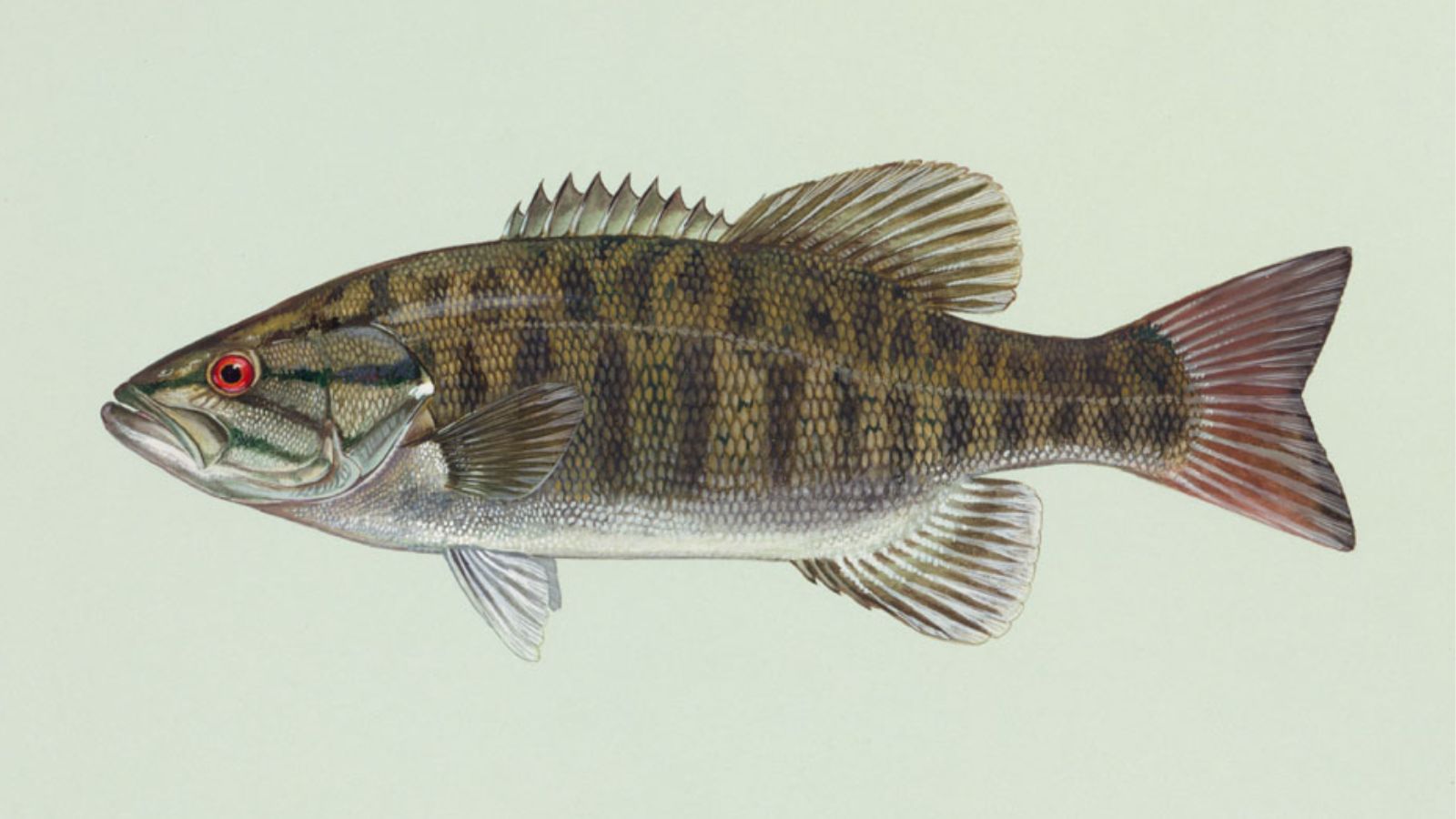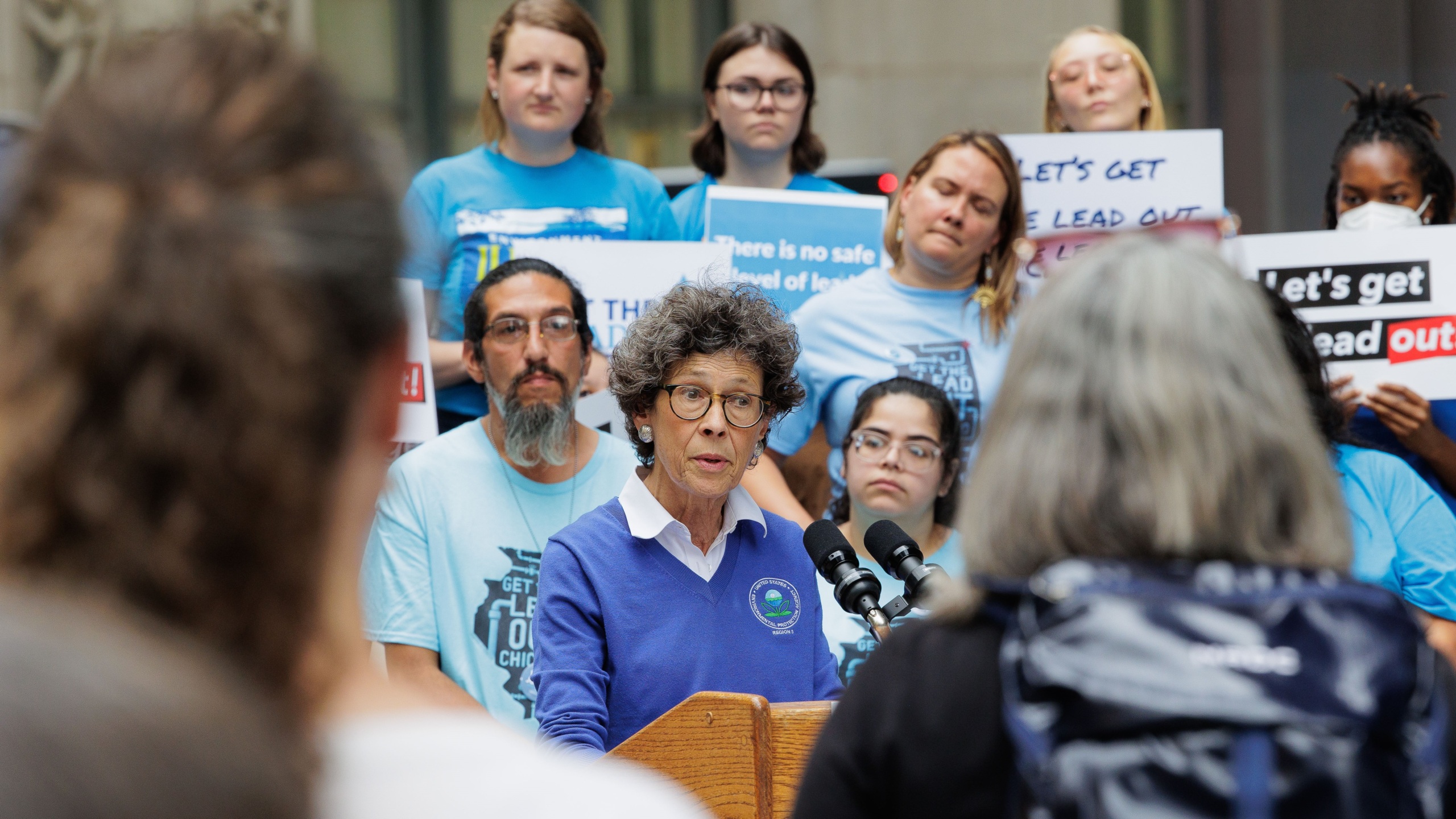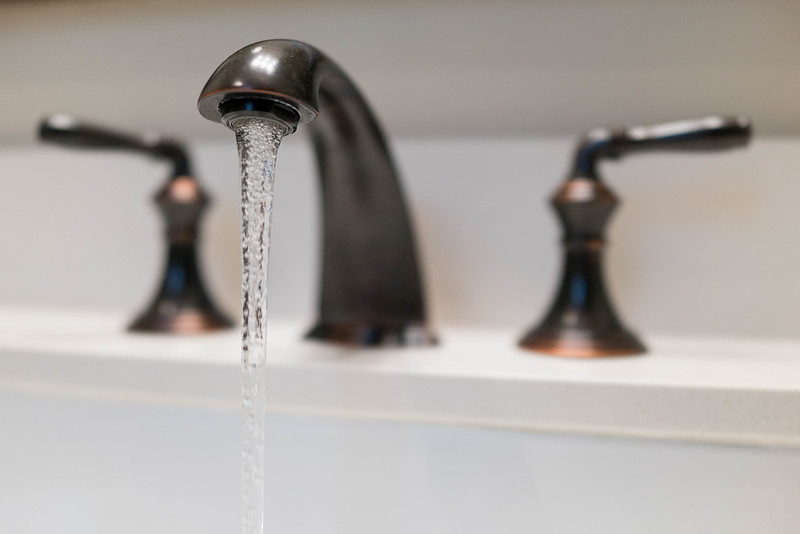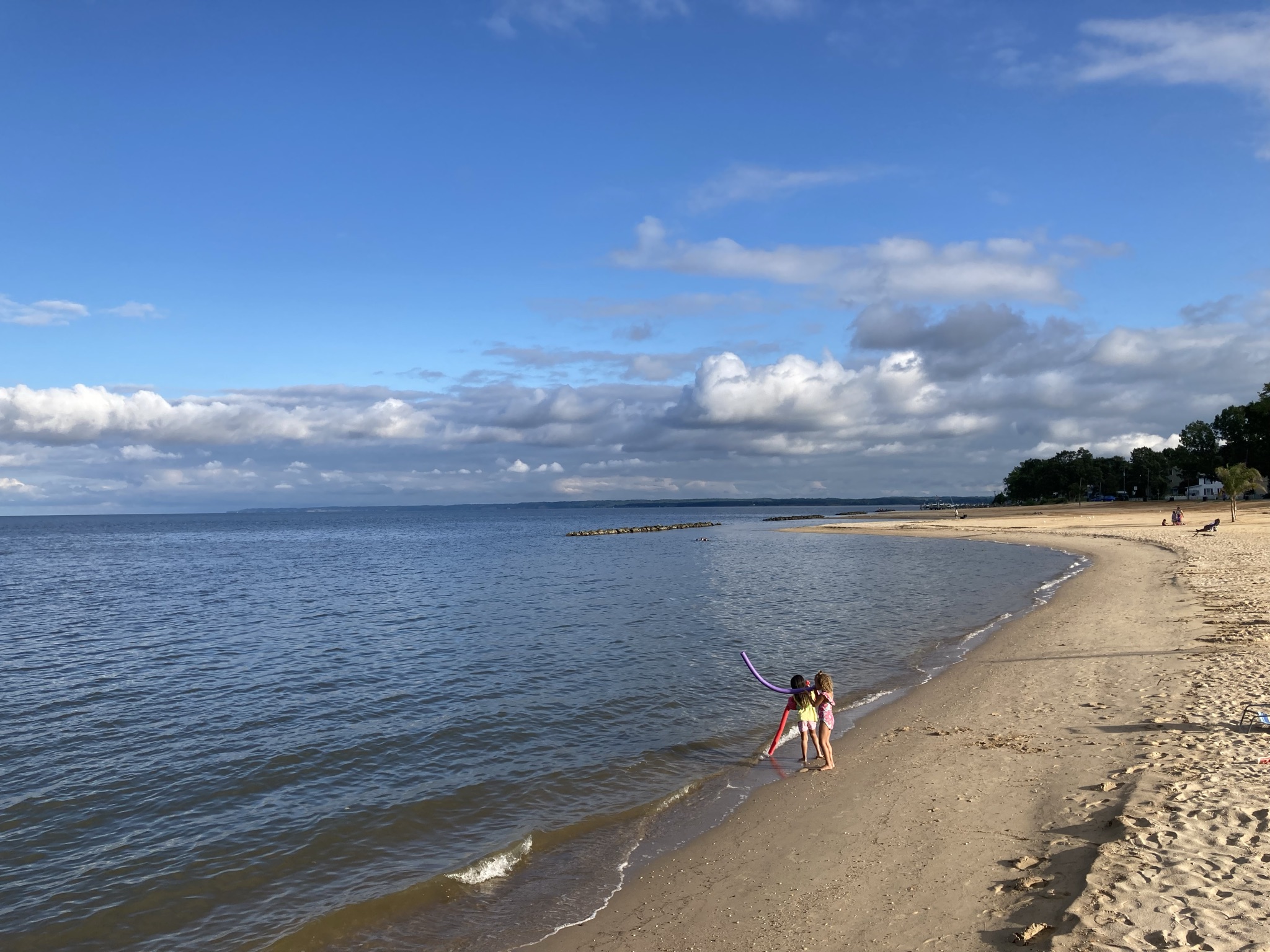
Media reports: Johnson & Johnson reaches settlement to resolve talc baby powder investigations
Manufacturer reportedly to pay $700 million to end probe brought by more than 40 states

After years of lawsuits against personal care product manufacturer Johnson & Johnson (J&J) , the company reportedly reached a $700 million settlement with more than 40 states investigating if the company misled the public about the safety of its baby powder and other products.
More than 50,000 lawsuits have named J&J regarding its talc-based baby powder. Talc and asbestos, a known carcinogen, are often found near each other in nature, so when we mine for talc, asbestos fibers can be mixed into the raw talc. This can be a problem with using talc in cosmetic and health products; when asbestos is contaminating the product, it exposes consumers to life-threatening illness.
J&J stopped selling its talc-based baby powder in the U.S. and Canada in 2020. J&J’s baby powder now contains a cornstarch-based alternative. As a result of the lawsuits, 42 states and the District of Columbia opened investigations into whether Johnson & Johnson wrongfully marketed its baby powder.
The settlement this month is only the first step. The company still faces lawsuits from consumers who have suffered from ovarian cancer and other ailments caused by the asbestos in their baby powder.
Johnson & Johnson’s settlement will help plaintiffs cover medical bills, and the lawsuits helped push the company to take its talc products off the market, but consumers deserve to know that the products on store shelves are safe to use. That’s why U.S. PIRG has been calling on the U.S. Food and Drug Administration to more strictly regulate potentially dangerous consumer products — including calling for a ban on talc.
Topics
Authors
Emily Scarr
Director, Stop Toxic PFAS Campaign, U.S. PIRG Education Fund
Emily directs strategy, organizational development, research, communications and legislative advocacy for Maryland PIRG. Emily has helped win small donor public financing in Baltimore City, Baltimore County, Howard County, Montgomery County, and Prince George's County. She has played a key role in establishing new state laws to to protect public health by restricting the use of antibiotics on Maryland farms, require testing for lead in school drinking water and restrict the use of toxic flame retardant and PFAS chemicals. Emily also serves on the Executive Committees of the Maryland Fair Elections Coalition and the Maryland Campaign to Keep Antibiotics Working. Emily lives in Baltimore City with her husband, kids, and dog.
Find Out More

Trouble in the water? MD issues new fish consumption advisories for PFAS

Chicagoans want to get the lead out

Got PFAS?
